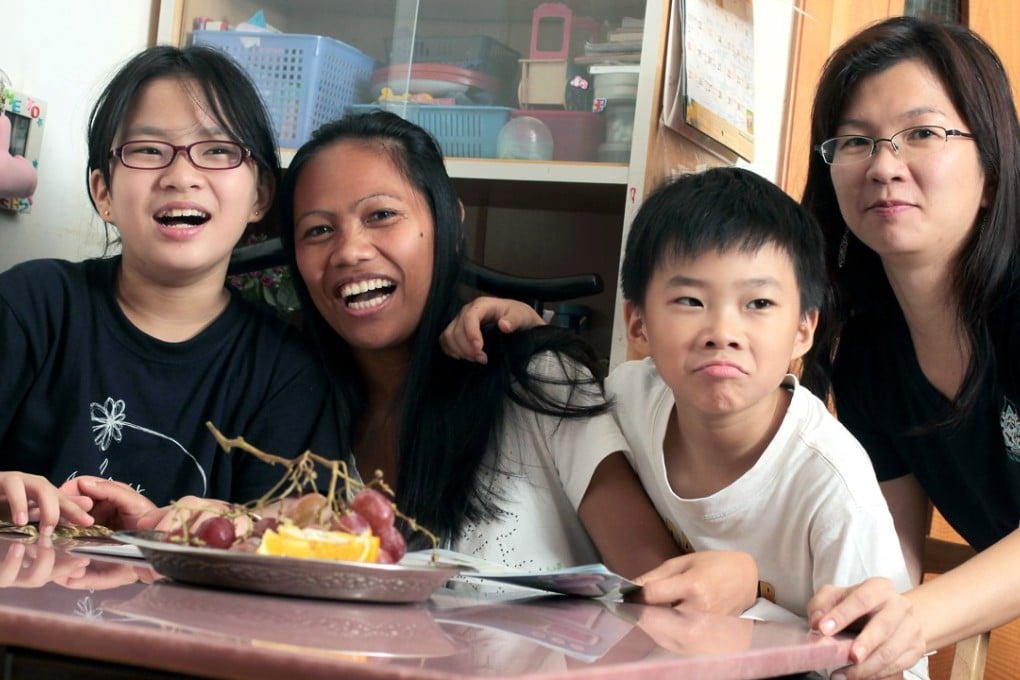Hong Kong should love its foreign domestic helpers, so they will love Hong Kong
Jason Hung says ethnic minorities’ quest to have their rights recognised in Hong Kong starts with Hongkongers ending their master-servant relationship with domestic helpers, and being more than just good bosses

Recently, while in England, my Filipino friends and I were poking fun at each other, being very sarcastic. We have different skin colours, mother tongues and cultures but have earned one another’s respect and are fond of making jokes about each other. We are very close companions at college, at home and elsewhere. Though we look different, we know we are equal as human beings.
Their attitude was a reminder of the entrenched social hierarchy in the city, between Hong Kong Chinese and foreign domestic helpers. The former are often understood as the masters, while the latter are the servants. This type of social hierarchy bars Filipino domestic helpers, and others, from earning the respect they are entitled to, and that they receive elsewhere.
Hong Kong’s errant domestic helper agencies are everywhere and unafraid of the law
At our family gathering, I brought up the topic of Hong Kong-Filipino relationships in the city. Both Jenny and Anna showed gratitude towards their employers for respecting their rights. “As long as we have good employers, we love Hong Kong,” they said.